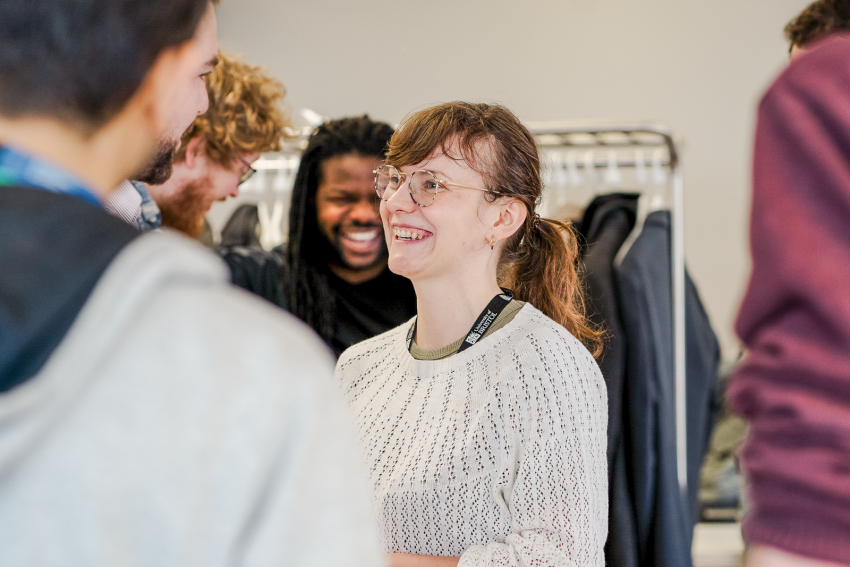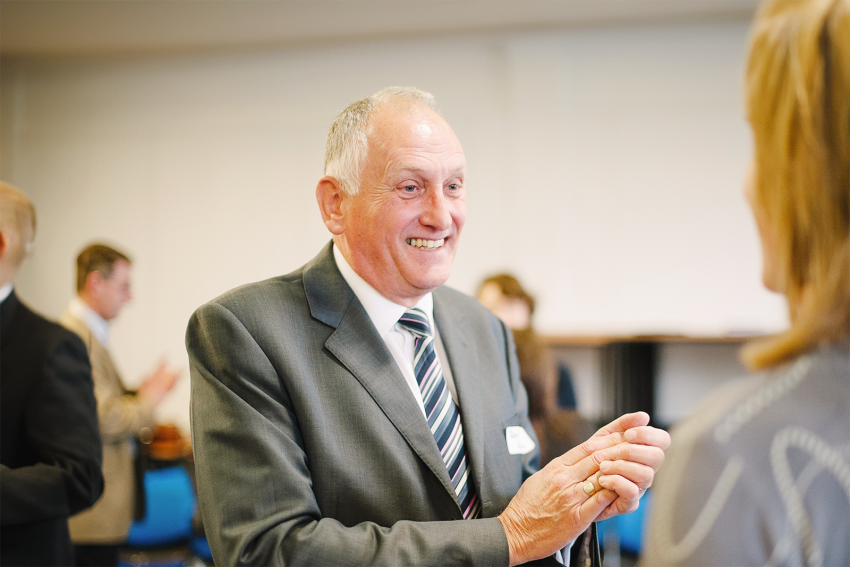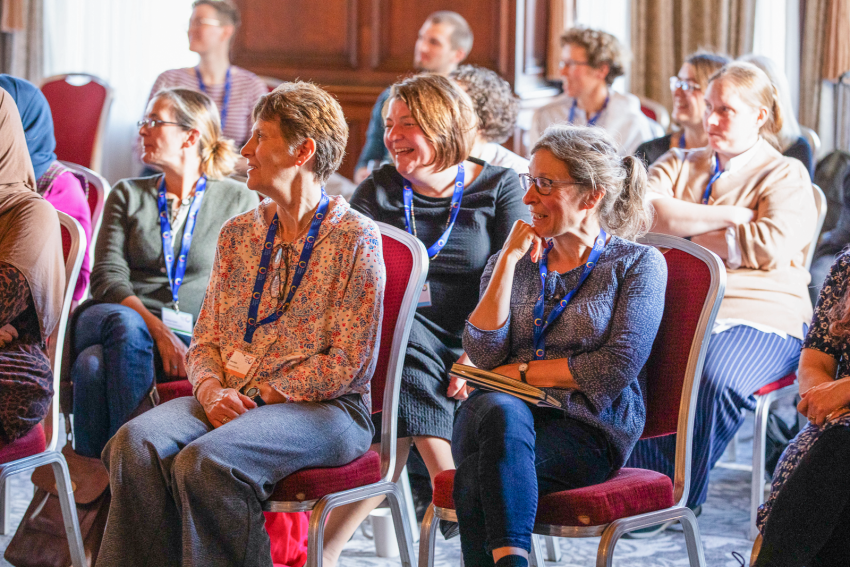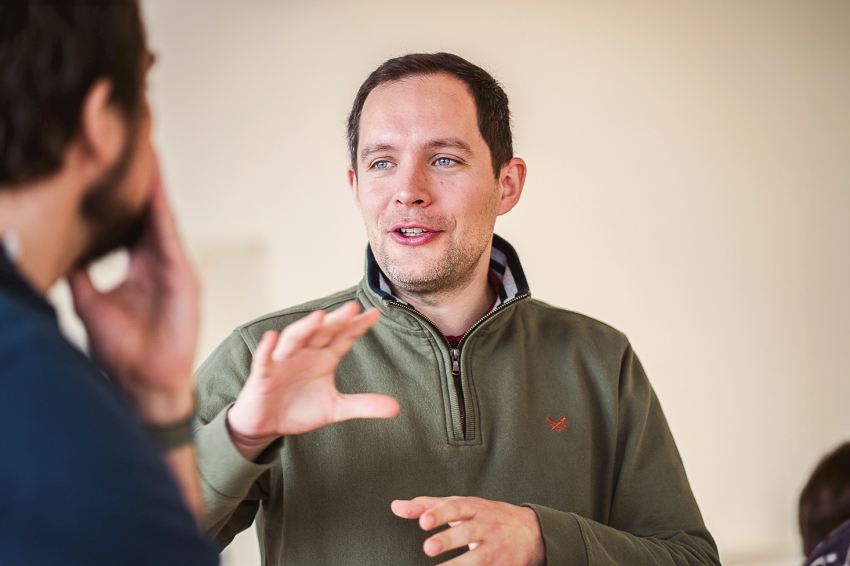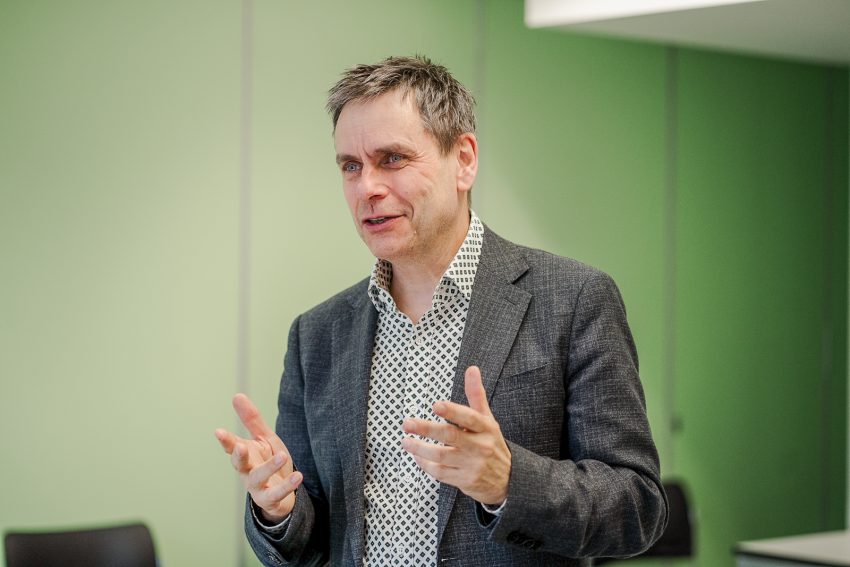Top politicians benefit from the input of impartial advisers. But what if the advisers have trouble connecting with more senior people? VOX helped a group of such individuals develop communication skills that matched their intellectual prowess.
Challenge
An exceptionally able group of economists in a Government department were finding it hard to relate to and influence the decision-makers (senior politicians). The economists were masters of their subject, but reserved and intimidated by authority. They were uncertain how to operate within the formal hierarchies or to grasp fleeting opportunities for interaction. Their communication skills lagged behind their intellectual powers, limiting their impact and that of their work.
As well as damaging their morale (what was the point of doing the work if it had no influence?), this posed the risk that the department’s policies would be insufficiently grounded in objective fact and impartial analysis. The potential damage to the Government and the public was severe and the potential cost penalties huge.
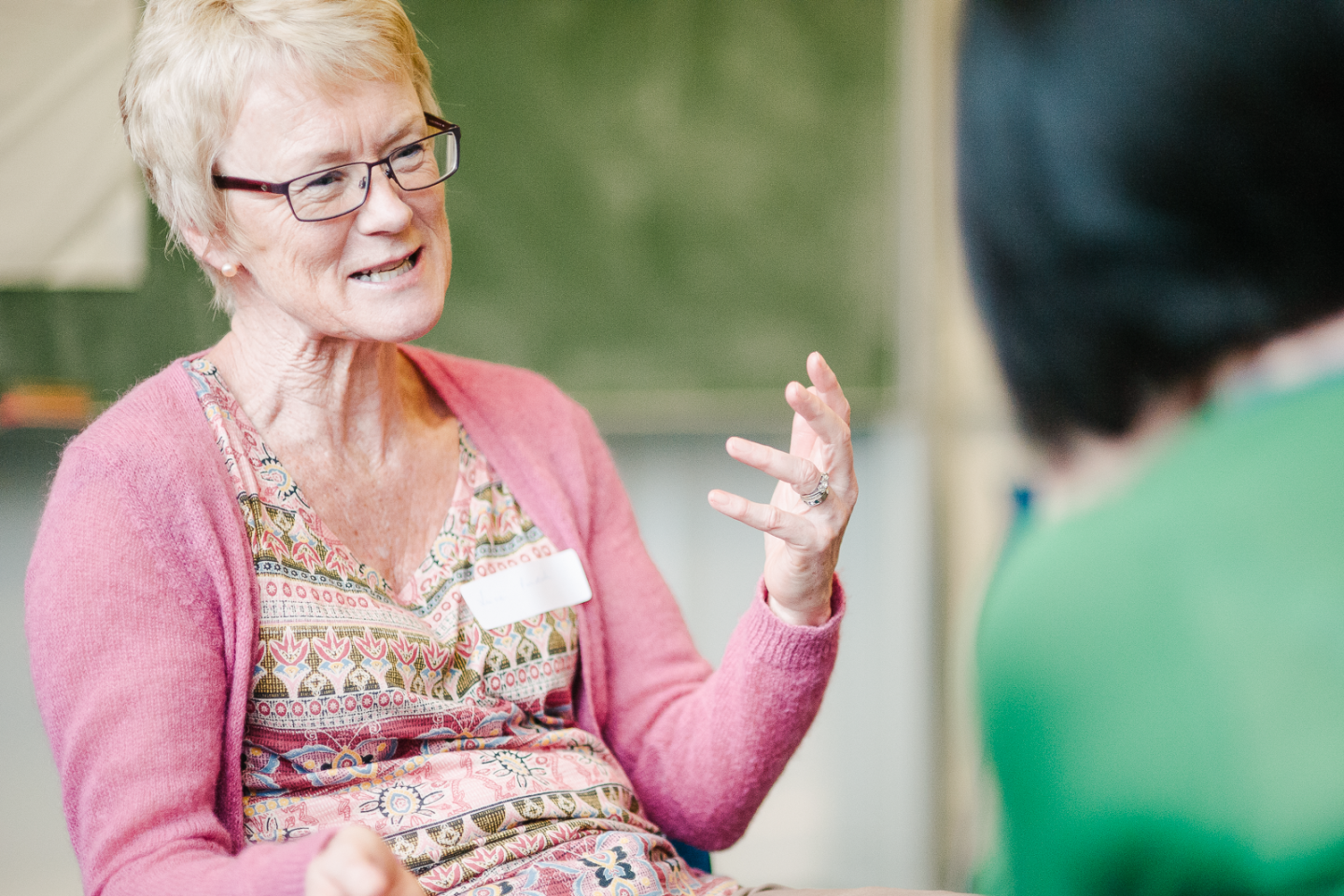
Solution
VOX was called in to run a practical skills-development course for the economists. It covered:
- Understanding status, interpersonal dynamics and power structures
- Speaking with confidence and clarity so that others want to listen
- Achieving presence, both physically and vocally
- Increasing personal impact and influence
- Establishing rapport and winning trust
- Asserting oneself constructively
- Refining one’s personal communication style
- Finding the courage to embrace new behaviours
The coach created a relaxed, supportive atmosphere in which participants felt safe to identify situations they found challenging and to practise new skills. The course included diagnosis of individuals’ communication styles and opportunities for personal coaching and rehearsal.
Results
The course equipped the participants with face-to-face communication skills to match their academic expertise. It turned them into more confident communicators with greater personal authority – good listeners to whom others listen.
The coaching encouraged and enabled independent thinking and action. The economists became more confident in their own style and more willing to express themselves with passion and take (prudent) risks. The course helped establish a more positive workplace culture – one built on high-quality personal interaction and improved levels of mutual understanding.
What our clients say
I have been pleased to work with VOX Coaching since 2007 … Pete Bailie and his colleagues work very professionally and have engaged wholeheartedly in meeting our needs and designing material to our briefs.
[The] interpretation of the brief, tailoring of content and varied delivery made for a productive and enjoyable event … I wouldn’t hesitate to use Pete or VOX again.
… an inspiring coach who makes an enduring difference to the way people communicate, lead and manage.
Participants find the sessions great fun, and at the same time are amazed at how blind they might have been to their own and others’ behaviours, be it in a meeting, or relationships with junior or senior colleagues.
On the day of the interview I was barely nervous (which is very unusual for me), very confident and performed very well…in fact I would say ended up enjoying it. They have awarded me a fellowship, so it must have worked!
I had a fantastic experience with VOX Coaching … in preparation for interviews for large grants from research councils. In simple words, without [their] help, it would have been very challenging to perform well at the interview.
I attended a one-day group session … in preparation for a funding interview. Pete has a great understanding of the academic funding landscape, which helped demystify the process for me and my fellow attendees. I would highly recommend.
Transformational, inspiring and fun … Liberating that inner voice, being able to ‘read’ body language and vary styles of communication are the secrets this course unlocked for me.
… the single best presentation & communication skills trainer I have ever worked with. Deeply knowledgeable, personable, adaptable, and infectiously enthusiastic about his subject.
Six months after my last coaching session with Pete I am still applying what I learnt. Pete is a creative coach with an inspiring array of tools and experience to call upon when coaching clients. Our sessions were focussed, creative and challenging, helping me to target those areas of my professional life I want to develop further.
